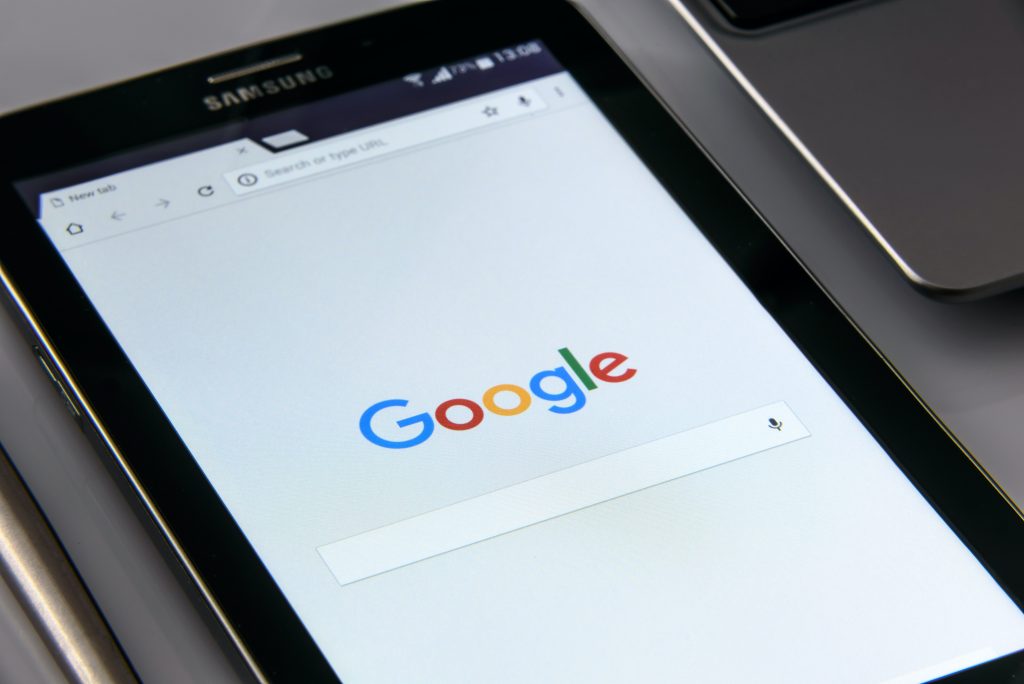Search Engine Marketing (SEM), as it is most commonly known, includes a range of elements that boost a website’s presence online through sophisticated digital advertising techniques. SEM involves SEO, search engine advertising, sponsored listings, pay-per-click (PPC) and much more.
A major part of SEM is pay-per-click advertising (PPC), an advertising model that lets marketers place ads on an online platform, and pay the host every time their ad is clicked. This is different from paid search ads that are simply displayed on search engines – however, the concept is the same. You run ads, and you pay when someone clicks on it.
As a rule, the top entry on the search results will be paying more than their competitors for each click; however, it is not just the bid price that determines ad rank. Factors such as the quality of your ad and any ad extensions you have used also play a part, as well as the context of the user’s original search.
Keywords are at the heart of PPC, connecting advertisers to their target audience’s search queries. Much like SEO practices, the right keyword combinations are crucial in targeting the right audience and converting them to customers.
The Benefits
There are many benefits to investing in PPC, and some companies devote hundreds of thousands of dollars to it every month. From fast results to detailed breakdowns of results, businesses can utilise PPC not only to generate more visitors and customers but also further understanding their target audience and what they search for online, which can be used to further develop their overall marketing strategies in the long-term.
PPC is perhaps the fastest way to run advertising and get results. With a free AdWords account, for example, you can set up ads and run them on Google in a matter of minutes. All you need is a link to your site page you wish to advertise and inject some top-quality copy or a call to action that grabs attention.
In addition, PPC rises above your more traditional advertising by creating a clear, measurable target. In fact, businesses can measure anything related to PPC, from costs to profits, views, clicks and much more. This information, if collected the right way, is essential to marketing strategies.
Myk Baxter Marketing stresses that everything comes back to SEO – and PPC is no exception. If your website is SEO friendly and complies with SEO best standards and practices, then you’ll see better results. Using a combination of SEO and PPC, you can target keywords related to your business so that people searching for those keywords will consistently see your ads, further developing brand awareness in your specified target audience.
PPC is highly effective at local searching, especially when the search engine user is looking for products and services on their mobile phone while out and about. In fact, 75% of people are more likely to visit a store if they find it in their search results while out and about.
The Drawbacks
Although there are fewer drawbacks with PPC than other more traditional advertising investments, you have to keep up to date with new features and improvements that search engines like Google roll out.
For example, in 2013, Google rolled out Enhanced Campaigns, which added the ability to target people based on the time of day, location and device. Although standard practice seven years later, this first update forgot to include tablet users, completely separating advertiser’s ability to target a vast number of potential visitors. It wasn’t until 2016 that Google announced increased control over device-level bidding, which brought back the option for targeting tablet users.
Another drawback is that each advertising platform is different, so it takes a skilled digital marketer to understand and manage each system independently. Facebook PPC advertising, for example, is much more detailed and targeted (mainly thanks to the amount of additional information they have on their users, such as likes, groups, interest, friends, location etc.). In contrast, Google allows for only top-level targets such as age, gender, location and device type.
Overall, PPC generates fast results by targeting specific audiences and, with the addition of top-quality SEO, can work in harmony to create the best possible results. In the digital marketing world, PPC and SEO are the kings. However, it can be difficult to effectively utilise the system and achieve the best returns of investment. Digital marketing specialists such as Myk Baxter Marketing can help find the correct target audience as effectively as possible through paid search engine advertising that is flexible and adaptable.








